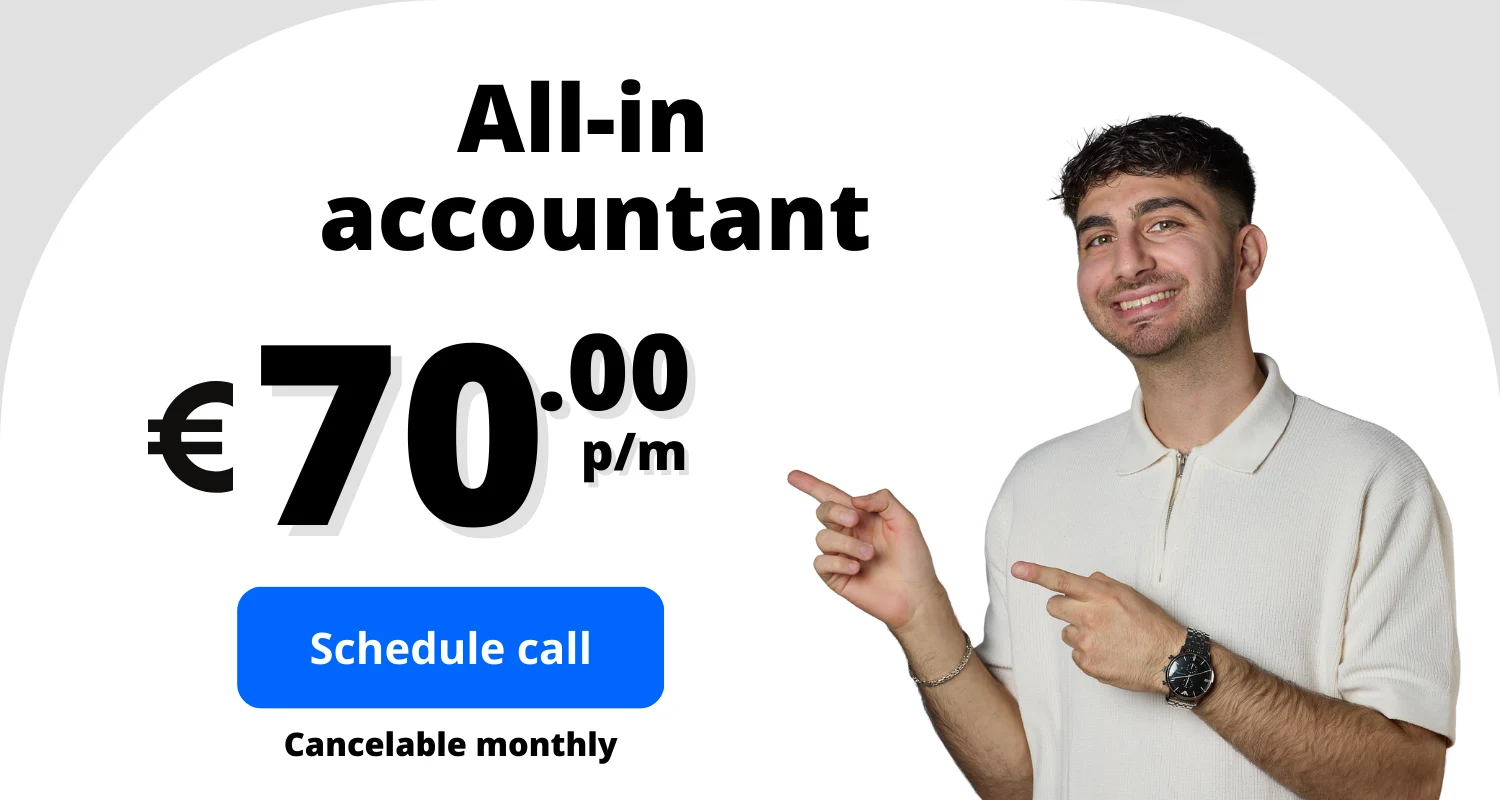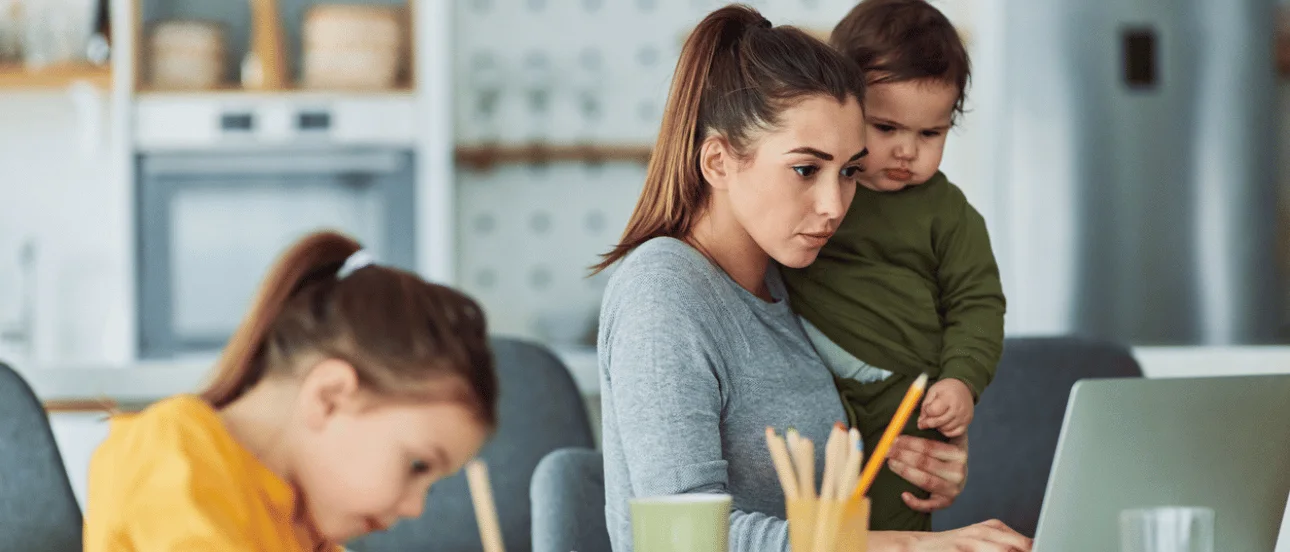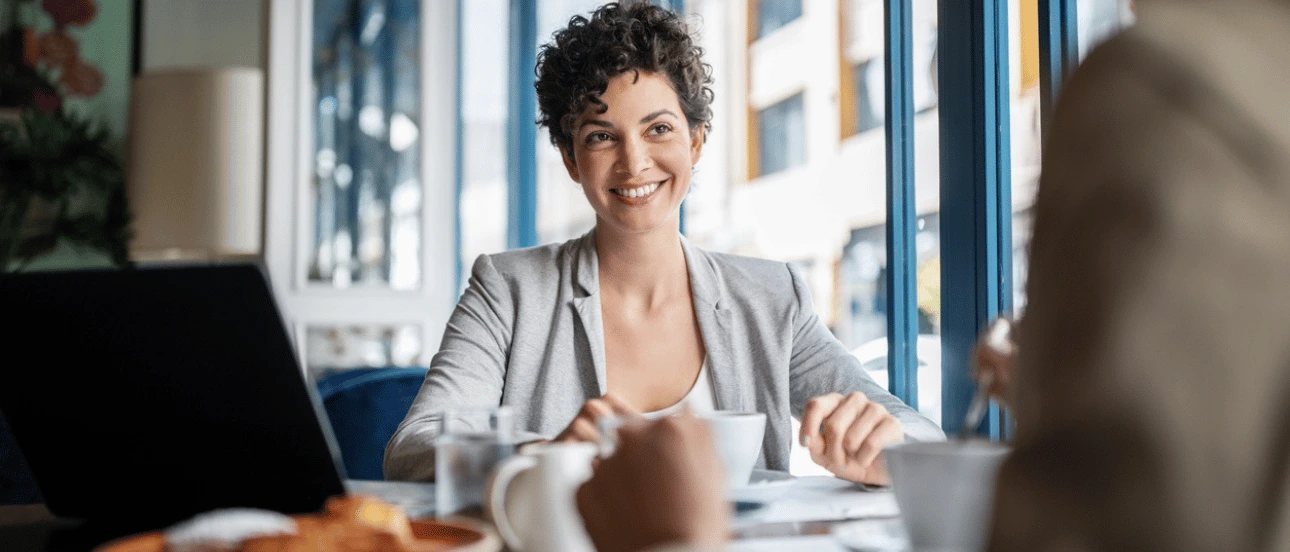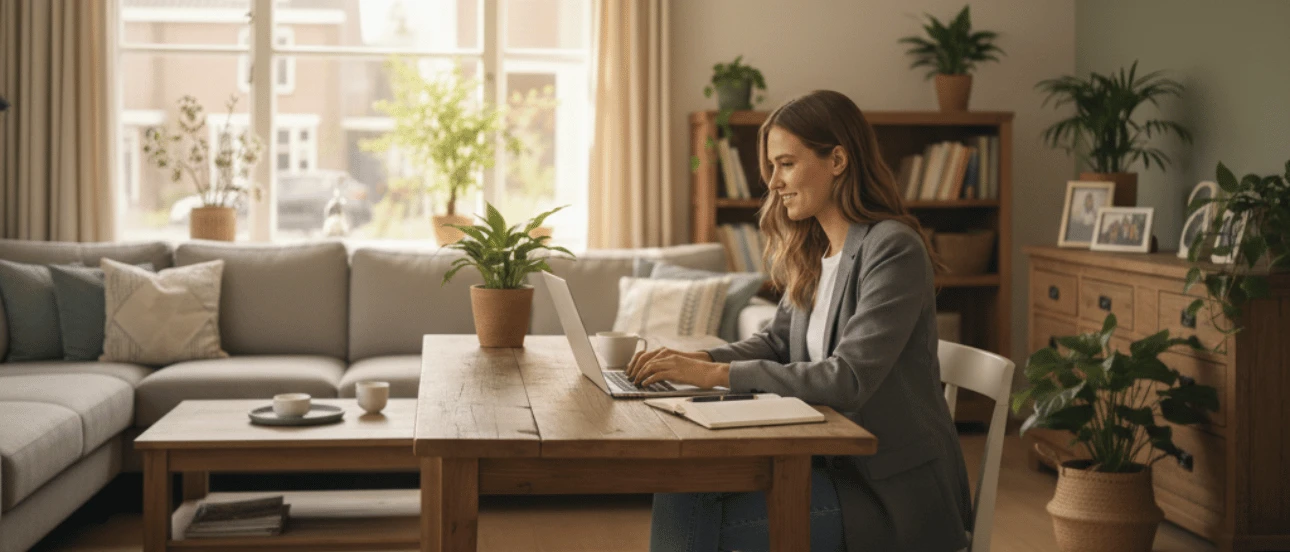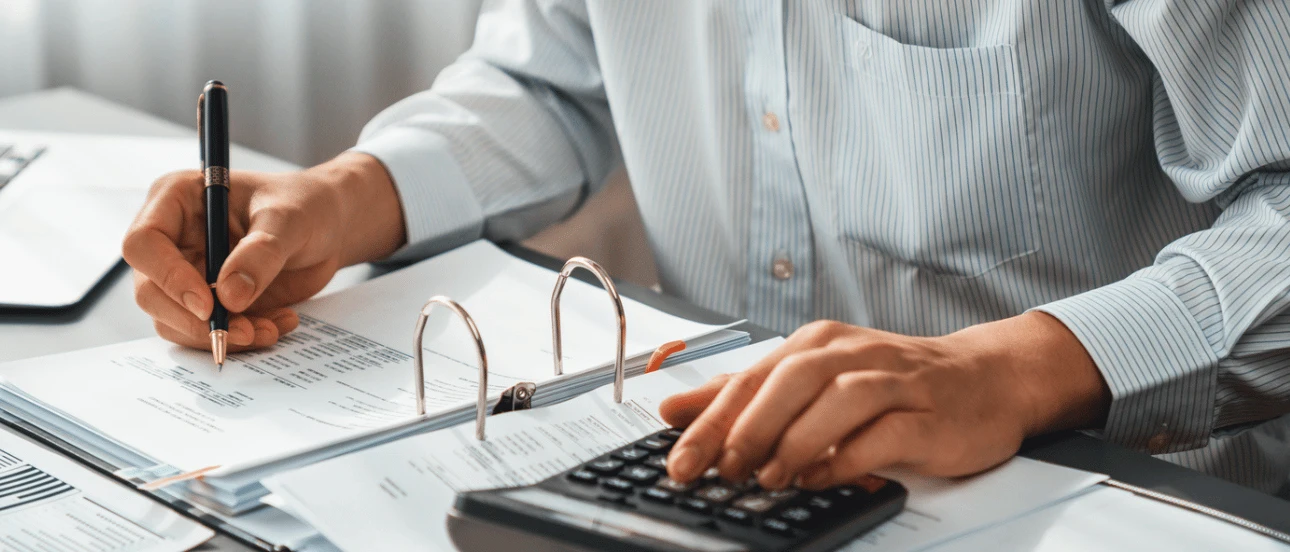When are food and drink expenses deductible?
Expenses for food and drinks are often of a mixed nature. You use them partly privately and partly for business. The tax authorities are keen on this and set clear conditions. The rules differ by tax type. For income tax, it's all about deducting your profit. For VAT, it is about whether you can reclaim input tax. Whether and how much you may deduct depends mainly on the purpose of the meal, the location and for whom the consumption is intended.
For income tax purposes
Most food and drink expenses fall under entertainment expenses. These are expenses to maintain business relationships, such as lunches or dinners with clients. Because these expenses are not entirely business-related, you may not deduct them for the full 100% in your tax return income tax return. As an entrepreneur, you have two choices to still include them in part in your tax return.
With threshold (full deduction)
Under this method, you may deduct all entertainment expenses as far as they exceed the threshold of 5,700 euros. If you spend less, you cannot deduct anything. If you spend more, the amount above is deductible. This method is particularly advantageous if you structurally incur high costs for relation management or business dinners.
Without threshold (partial deduction)
The alternative method is simpler. You then deduct standard 80% from all your representation expenses, regardless of the total amount. The remaining 20% remains non-deductible. This method is often more practical if you stay below the threshold. You make an annual choice and apply it to all representation expenses.
For sales tax (VAT)
For VAT, the tax authorities look at who consumes the food or drink. If it is consumed directly by you, your customer or your employee, the VAT is usually not deductible. Only when consumed in the office or as part of employee benefits is there sometimes scope for VAT deduction. So the place where it is done and the purpose of the expenditure make the difference.
Eating and drinking outside the office
If you take a customer to a restaurant or go out for lunch yourself, the VAT on that meal is not deductible. Not even if the conversation is purely business. The tax authorities then see you as a consumer, in which case the VAT remains an expense that you are not allowed to reclaim.
Food and drink in the office
If you have food delivered to the office or provide refreshments during a meeting, you can sometimes reclaim VAT. The condition is that you stay under the limit of 227 euros per person per year. If you exceed this limit, you must correct the previously deducted VAT in your last tax return of the year. Keeping good records is therefore essential.
Food and drink on own consumption
Food or drinks you buy for yourself fall under private use. Whether you are on your way to a client, working at home or taking a break between appointments: these costs are not deductible. The tax authorities consider them as something you would use anyway, separate from your work. You also may not reclaim VAT in these cases. Only if the food is a functional part of your work, such as a cooking demonstration or food photography, is there sometimes an exception.
Food and drink at business meals (representation expenses)
A lunch or dinner with a client may be considered a representation expenses up. You choose between deducting 80% of the amount or only the part above the threshold. You may never reclaim VAT on catering accounts. You process the full gross amount as business expenses, then apply the chosen deduction limit. Even if the call is entirely business, the VAT remains non-deductible.
Deducting food and drink from staff
If you provide food or drinks to your staff, the rules are more lenient. The costs are fully deductible for income tax. This applies, for example, to lunch during a working day, a meal after overtime or food at a team outing. For VAT, there is an annual limit of EUR 227 per employee. If you stay below that, you can simply deduct the VAT. If you go over, you have to correct that part. It is therefore wise to keep separate records of expenses per employee.
Coffee/tea in the office
Coffee, tea and water in the office are considered normal office supplies. The cost and VAT are deductible, as long as the consumption is not excessive. If you have an office away from home, this will soon fall under business expenses. If you work at home and only use the coffee yourself, the tax authorities consider this to be private use. Only if you receive clients or have staff can it be business. In that case, keep comprehensive records.
Working overtime during meal times
If you provide meals during overtime, these fall under employee benefits. You may deduct the costs in full for income tax purposes. VAT is also deductible, as long as you stay within the EUR 227 per employee per year. However, the meal must really be intended to make work possible. A delivered evening meal at the office to meet a deadline is a good example. Make sure you clearly record that this is business overtime provision and not entertainment.


